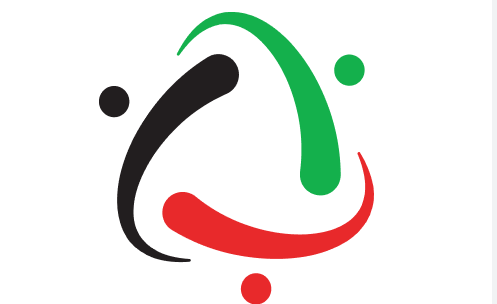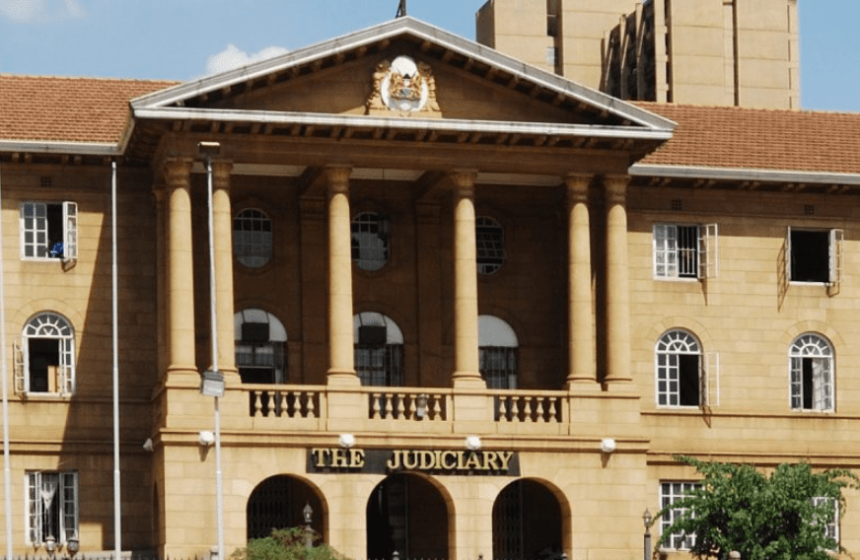
A new wave of fury is sweeping across Kenya as citizens discover they have been slapped with an extra KSh 100 charge on top of existing convenience fees when using the eCitizen platform to access government services. This has ignited public outrage and intensified scrutiny of the government’s digital payment system.
Despite paying official fees for services like passport applications and business registrations, users are now paying more—raising fears of double-charging and painting the government as complicit in unjust billing.
Citizens are questioning the opaque rationale behind these additional charges:
- Unexplained billing creep: For many, the extra KSh 100 defies logic and lacks justification—earning swift condemnation.
- Perceived overreach: With Kenya already facing financial strain, users argue that this repetitive charge deepens the burden and erodes trust.
- Accountability vacuum: Questions linger over who authorized the fee and where the funds are going—deepening mistrust in public digital infrastructure.
Some users are now calling for immediate reforms—demanding transparency, legal clarity, and urgent reversal of what many see as unfair charges.
Why This Matters Now
- Financial burden on citizens: In an era marked by economic strain, any additional charge amplifies public dissatisfaction.
- Policy inconsistency: This development challenges the government’s previous assurances that digital transitions ease—not complicate—access to services.
- Need for clarity: The situation exposes institutional gaps in how fees are set, communicated, and justified—especially when private intermediaries are involved.








